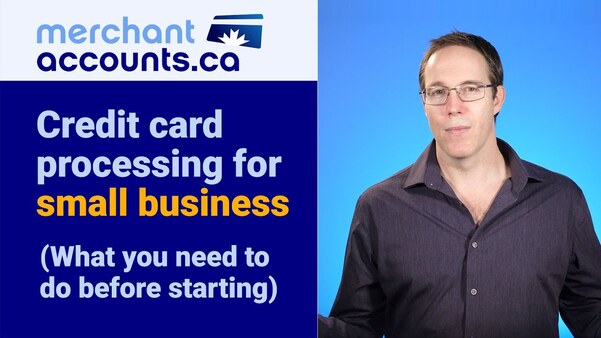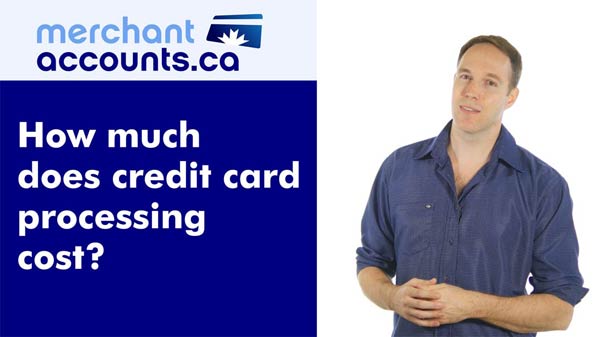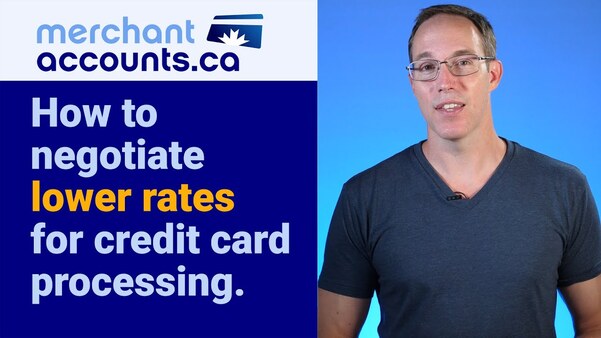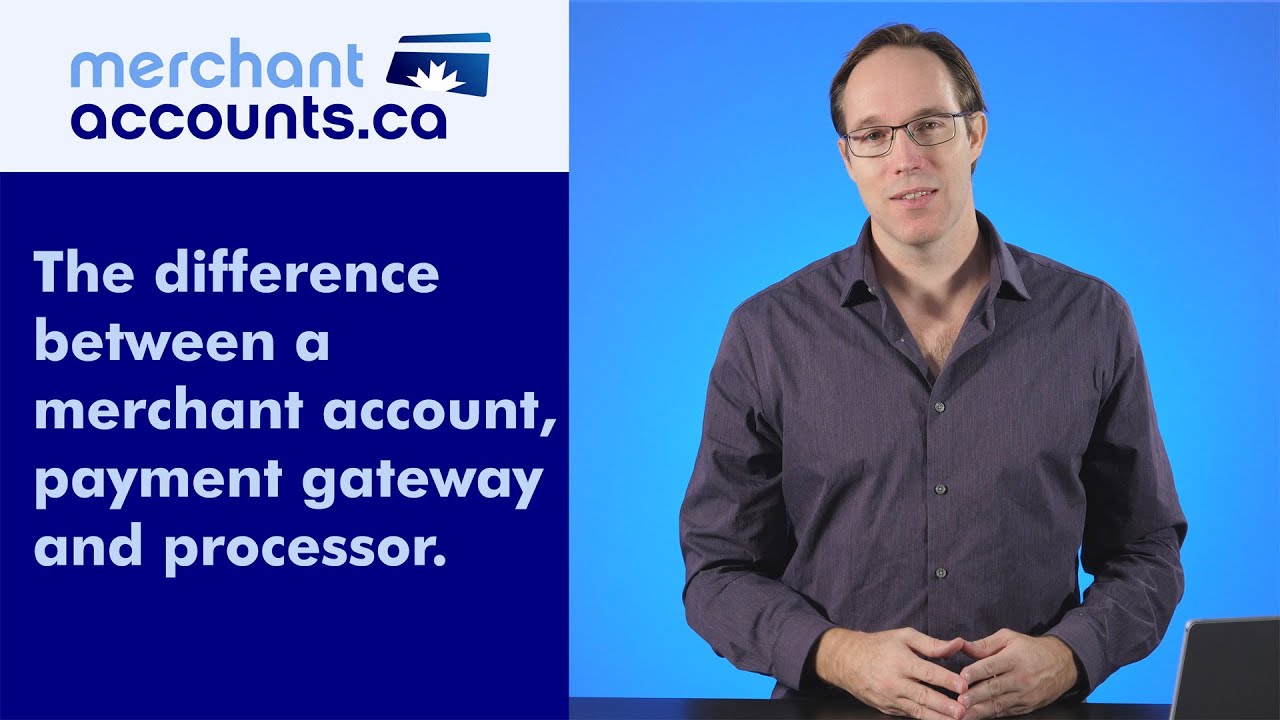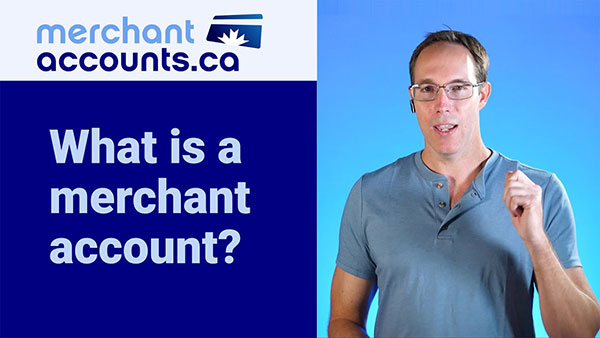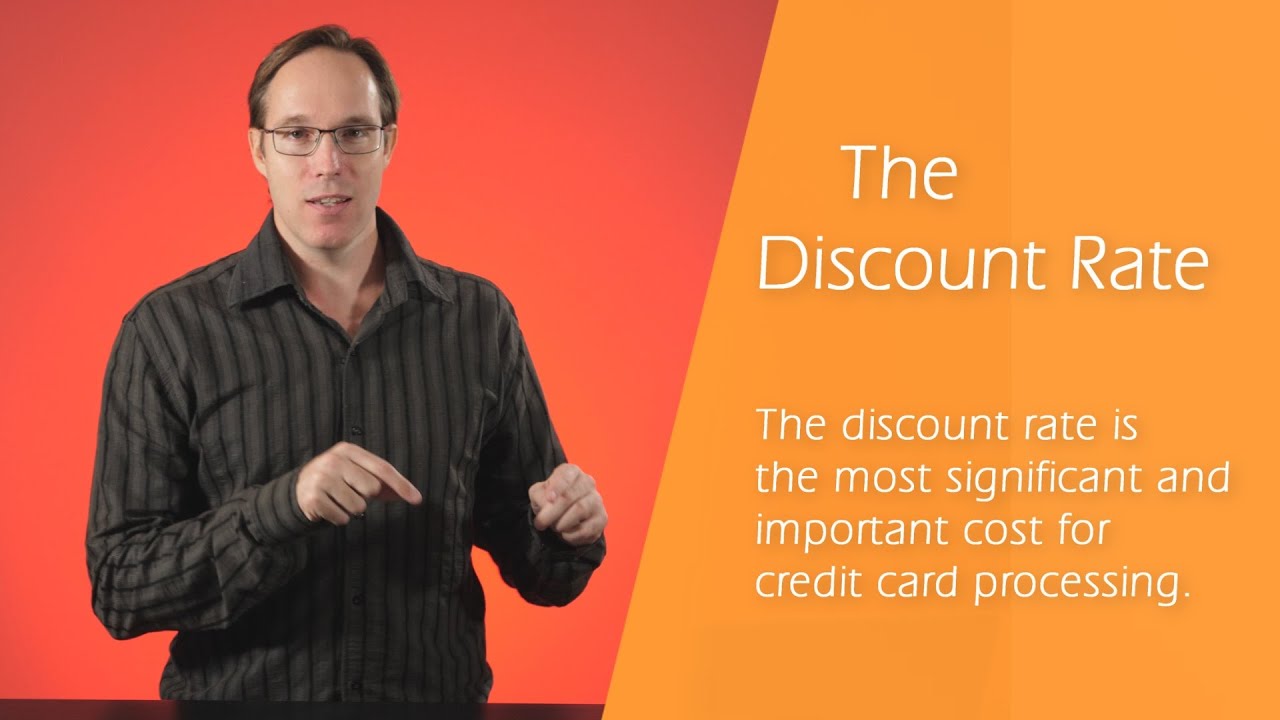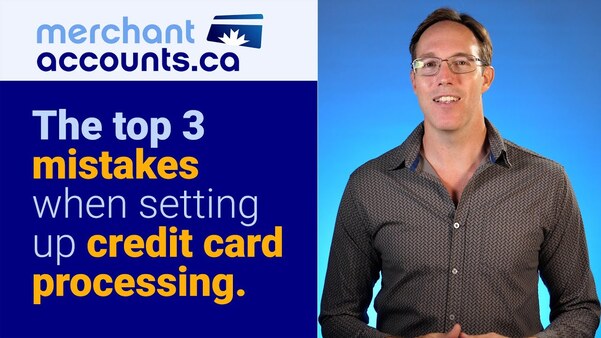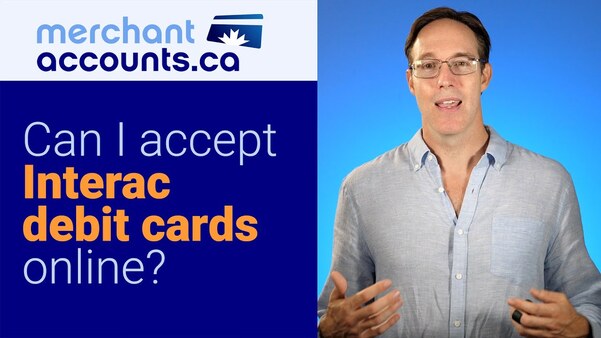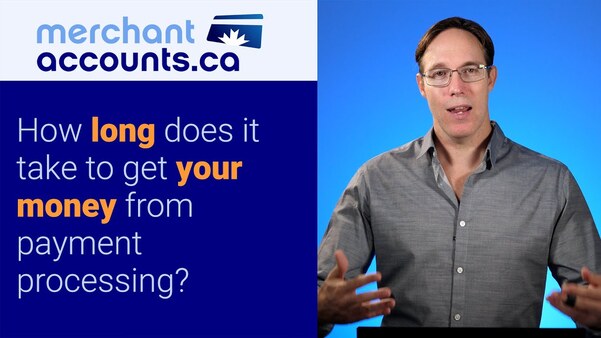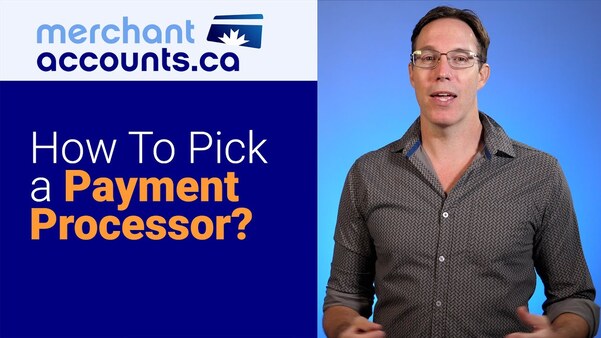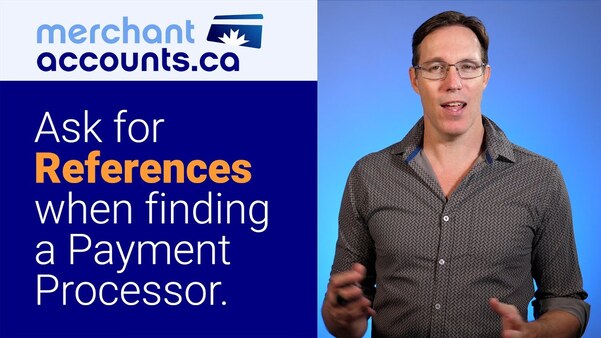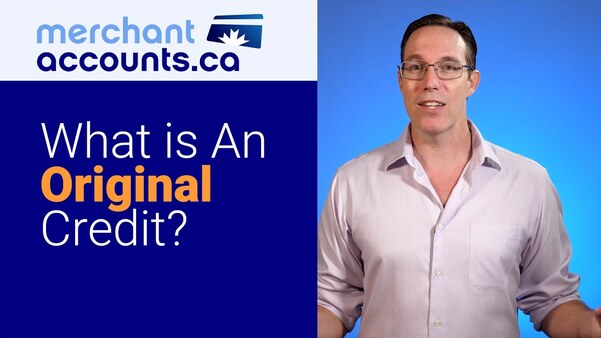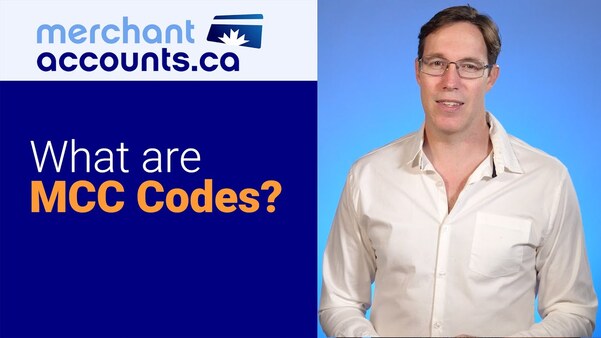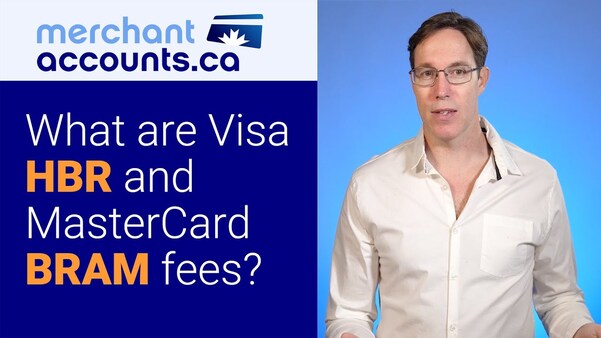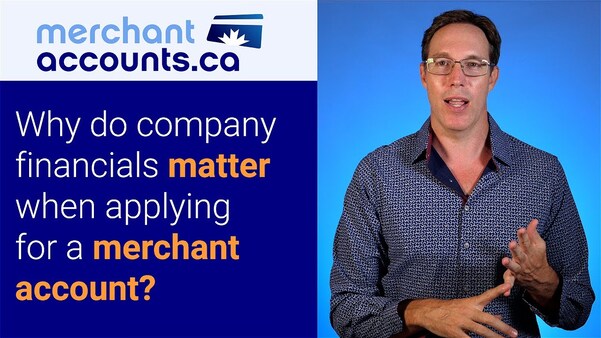August 23, 2022
by David Goodale
How to setup credit card processing (and what to know before applying)
(Slightly edited from video transcript for greater readability)
Hello, David here at Merchant-Accounts.ca. Today, I'm going to talk about how to set up credit card processing for a business. I'm going to explain the most important things that you should know before you choose a processor. If you're starting that research process, you'll be well prepared by the end of this video. Stay tuned, I'm about to dig in, in a second.
Introduction to Accepting Credit Cards

From the very beginning it is important to understand that there are misleading pricing models in the payments business. A merchant will want to make sure that they are not utilizing a misleading pricing model. You have to be on either flat pricing or interchange plus pricing which we will explain in the following paragraphs. You should ensure that you don't end up locked into an unfair contract. Some payment processors have locked in contract terms for two or three years. Other payment processors have month-to-month agreements. Unless you're a very large and very sophisticated merchant, you should be pushing for a month-to-month agreement. If you don't get a month-to-month agreement you should move on to the next payment processor that will give it to you. But first lets talk about the two aforementioned pricing models flat pricing and interchange plus pricing.
Flat Pricing
The flat rate pricing model consists of a fixed percentage of the payment transactions. An example would be: Hey merchant, you have a flat rate of 3% per transaction and you pay 3% per transaction. The percentage doesn't change. If it's a standard credit card, a foreign card, a rewards card, or an air miles card, it doesn't matter the percentage rate is the same. You always pay the same easy-to-understand discount rate.
The downside of that pricing model is that the cost is a little bit higher because the payment processor incurs costs from Visa and MasterCard. Those costs are called interchange costs. The interchange costs of rewards cards are higher than basic cards, which in turn cost more than debit cards. If a merchant receives a flat rate, it can't be a very low rate because the payment processor can't risk losing money on the transactions that you process. That's the primary downside of flat pricing, You will pay a little bit higher on the overall discount rate cost. The advantage of flat rate pricing is that it is very simple to understand.
Interchange Plus Pricing
In order to understand interchange plus pricing, you must first know what interchange is. Interchange just means cost from Visa and MasterCard to the payment processor. Each time a payment card transaction is processed, Visa interchange costs and Mastercard interchange costs are charged to the payment processor.
With interchange plus pricing the merchant gets passed through the exact interchange cost, whatever it is, from Visa and MasterCard, plus a clearly disclosed processing fee that is charged by your payment processor. With this type of pricing model, what the processor is saying is:
"No matter what type of card you process, we're going to take our true cost from Visa or MasterCard and pass it through with a very clearly disclosed markup".Potentially getting a lower rate is the advantage of interchange plus pricing. The disadvantage is that it's a little bit harder to reconcile. When you look at your statement its harder to understand what's going on, but commercially you're being given a very transparent and usually a very good rate. That's the best pricing model for larger or higher volume merchants.
Choosing the Pricing Model that's Best for You
You should decide right from the start what type of pricing model you prefer to be on. Do you care more about interchange plus pricing? Do you care more about flat pricing? Not every payment processor supports every pricing model. If for example, you wanted flat pricing, you need to make sure to ask: "Do you support flat pricing, or do you support interchange plus pricing?" If you get an answer you don't like, then you can move onto the next payment processor.
How are you going to collect payments?
There are many different ways to physically collect the payment. It can be done with a virtual terminal where you can take orders over the phone and you key them into your computer. There are e-commerce payments, and online invoice payments which are very similar to e-commerce payments. (That's where you're sending invoices by email and saying: "Hey Bob, if you want to pay this invoice, click on this link to go to my payment page"). You can also do recurring payments, automatic subscription payments, and traditional point of sale machines.
With all of the different methods for collecting payment, not every payment processor is the best at every single type of payment processing. Merchant-Accounts.ca is more e-commerce and card-not-present focused than traditional retail. We have more expertise in the online world.
How to know which type of payment processor is particularly good at a certain type of processing?
You may be wondering how it's possible to know which payment processors are good at which type of processing. This is best researched online. You should not be haphazard in the research process. What you should do is compile a list of payment processors you are considering, then review the copy on their website. Do a little bit of Google searching. It should become very apparent quite quickly, what type of payment processing they specialize in. The best advice would is to pick a payment processor that is particularly good at what you do. It should be very apparent when you visit their website or from the type of merchants that they excel in supporting.
Getting Approved for Credit Card Processing
One of the most important issues to consider when setting up card payment processing is getting approval, which is often overlooked. What good does it do to find a processor, get quoted a great rate, with the exact solution you need, if your account is then declined?
High Risk Merchants
If you are a higher-risk merchant approval should be top of mind and be considered almost as important as transaction fee rates. The challenge with higher risk merchants is that the payment processor may want to hold back a large percentage of your funds because they consider you to be a high-risk merchant. In this circumstance the benefits of low rates and the other aspects that were appealing to you may go out the window. If the processor is holding onto a bunch of your cash, it could negatively impact your business.
The product or service your company offers is what determines whether you are a high risk merchant. We have a lot of content about this on our YouTube channel and the Merchant-Accounts.ca website. Some examples of a high risk merchant industries are casino gambling and travel. Casino gambling for obvious reasons, and travel because people pay for something today that they don't get until a long time in the future.
Low Risk Merchants
An example of a low-risk business would be an eyeglass frames sales merchant. When a customer purchases an eyeglass frame, you get it within a week or so. That's low risk, nothing too complicated there.
Risk, to a large degree, depends on how much money is processed upfront and how long delivery takes (the sale is complete) after you collect the payment. If you are concerned about whether your business is high risk, I encourage you to reach out to us at Merchant-Accounts.ca. We will help you understand more about your business and the risk profile attached to your industry. We are able to help both high and low risk merchants, so don't hesitate to contact us with any questions.
Getting Approved for Startup / Small Businesses
Generally speaking, low risk, and established businesses should be able to go pretty much anywhere to get payment processing. However, some payment processors are better to work with when it comes to supporting start-ups and small businesses.
If you operate a startup or young company, you should ask at the outset how many smaller clients the payment processor works with. You should ask if a processing history is needed for approval, or if you'll be charged higher rates because you operate a young business.
Rates: Set your Expectations
Circling back to the topic of rates, it's best to set a goal and work towards it. Many businesses don't ask for a particular rate, and simply shop for quotes. This is a passive or reactive approach. My advice is that when contacting the payment processor, you should directly ask: "Hey, we're looking at payment processing. We want to know what you could do for us. We're looking to pay a rate of 0.40% above interchange, and we process $25,000 per month in sales."
The point being made, is to decide the rate that you want to achieve, and to ask about it, and make a case as to why it should be supported. You should have a goal in mind, especially if you're working towards being on an interchange plus pricing model. By knowing how much volume you process and you should know roughly the risk profile of your business, and can give the processor a reason to give you the rate you are looking for.
Special Requirements
In addition to the previous concerns like payment model and getting approval, there's a little more to think about.
Processing Currencies
An example of a special requirement is the processing of multiple currencies. Do you want to process in US Dollars, Canadian Dollars, Pound Sterling, South African Rand, Japanese Yen? Whatever it is, if you have special processing currency requirements, that's going to take a lot of payment processors out of the mix. Not every payment processor can handle every currency even if they can process in foreign currencies. At Merchant-Accounts.ca, we can process in US dollars and settle your money in US Dollars. Some payment processors can process in US Dollars and the card holder's card is charged in US Dollars. That may be good, but if you're a Canadian merchant might you might be forced to be settled, and receive your money in Canadian Dollars. You don't want currency conversion to occur. At Merchant-Accounts.ca, we have what is called like-to-like settlement, so you receive your deposits directly in CAD or USD. Don't let the payment processor do a currency conversion unless there is no alternative.
Special Functionality
You have to think of special requirements and special functionality such as technical Considerations. If you have an e-commerce business, you need to be able to ensure that your shopping cart software on your website (the thing that powers those add-to-cart buttons), the logic that keeps track of the stuff people want to buy as they browse your website, it must be compatible with the payment gateway. You should find out which payment gateways your shopping cart can support, and ask your payment processor if you can support that payment gateway.
The payment processor is going to provide two things for you:
- The payment gateway which is the technical thing you're shopping cart talks to. Your shopping cart software running on your website needs to know how to talk to the payment gateway. That's the concept of integration and compatibility is super important.
- The merchant account, that's the banking component of the service.
Review your Contract and Support Agreement

The contract term, as I mentioned near the beginning make sure you're not on a locked-in contract, make sure it's month-to-month, and make sure there are no cancellation fees. What if it's a month-to-month contract with some sort of cancellation fee? Thoroughly read your contract.
Future Needs
If you the type of merchant that's growing, maybe you are going to process payments in foreign currencies someday, or you might even want a domestic merchant account in the US to avoid cross-border fees. You should spend a moment thinking about what unique functionality you may need in the future or in what ways you might grow out of the solution that is provided today. For example, maybe today you just need a virtual terminal because you're just going to call in and, and process orders. However in the in the back of your mind, you might want to do an e-commerce website someday. In that case, go with a payment processor that doesn't just do virtual terminal. They should have the ability to support e-commerce merchants as well.
Conclusion
I hope this blog post was helpful and that it gave you some tips on what to think about when you're setting up credit card processing, identifying your requirements, your approval contract negotiation, and technical considerations. If you have any questions about establishing payment processing for your business, please do reach out to us at Merchant-Account.ca. We can help Canadian, European and British merchants. Thanks for watching.
Need professional guidance?
Contact us for a free one hour consultation.
Can I Help Lower Your Processing Fees?
If you found this content helpful, will you give me the opportunity to quote on your business?
View Rates


